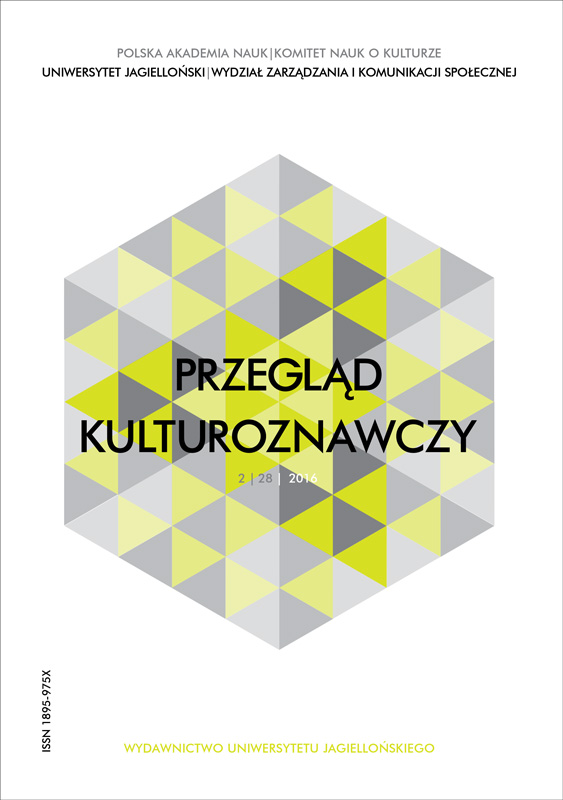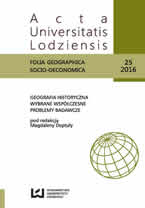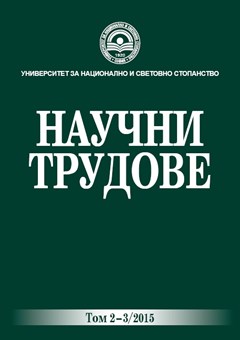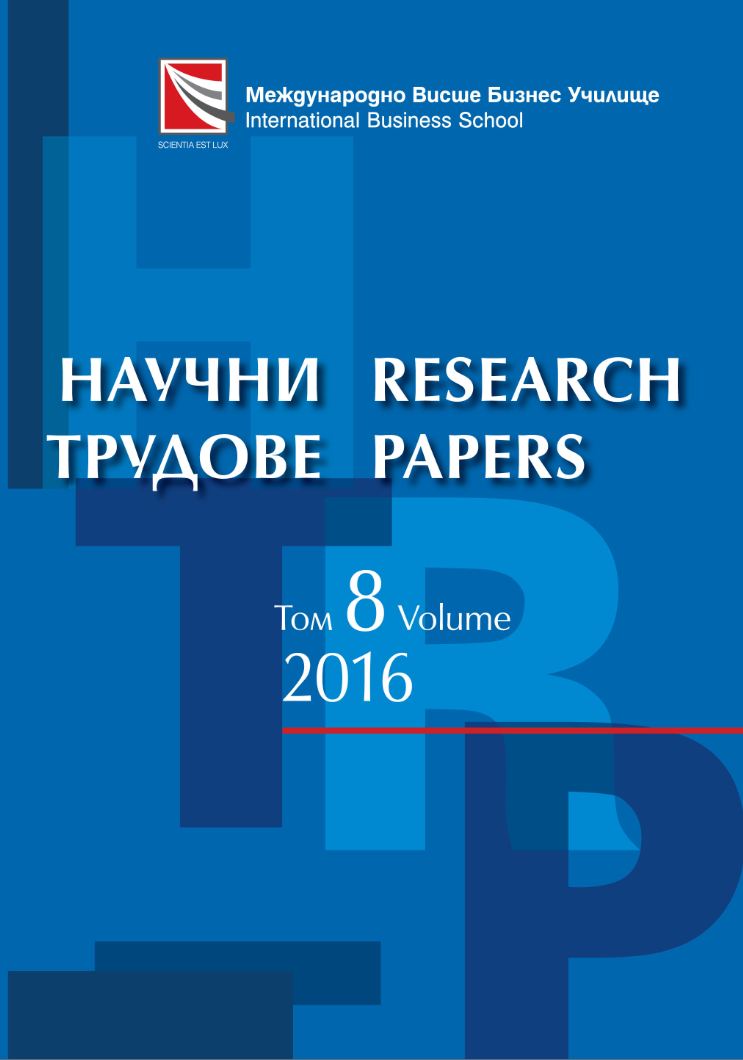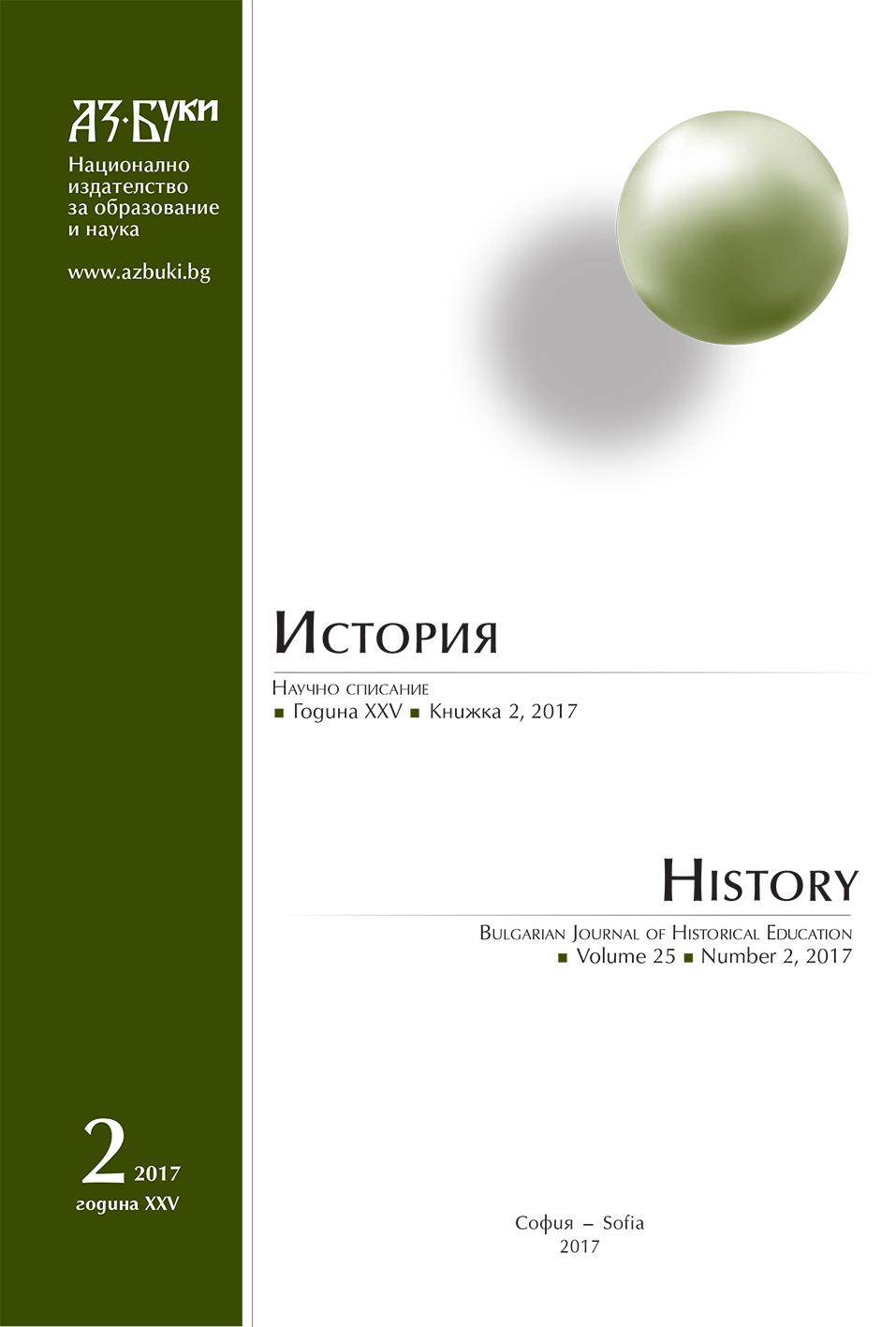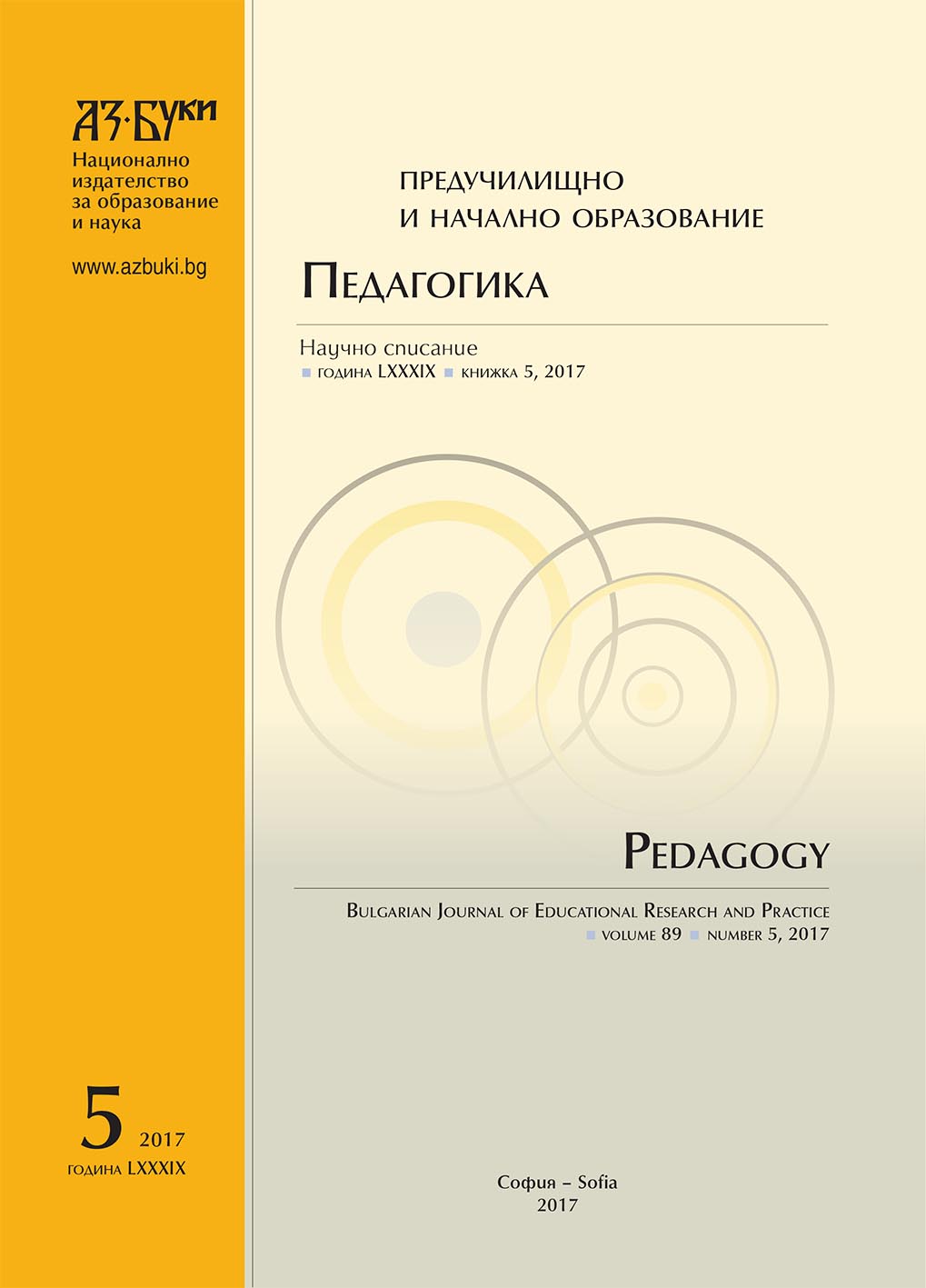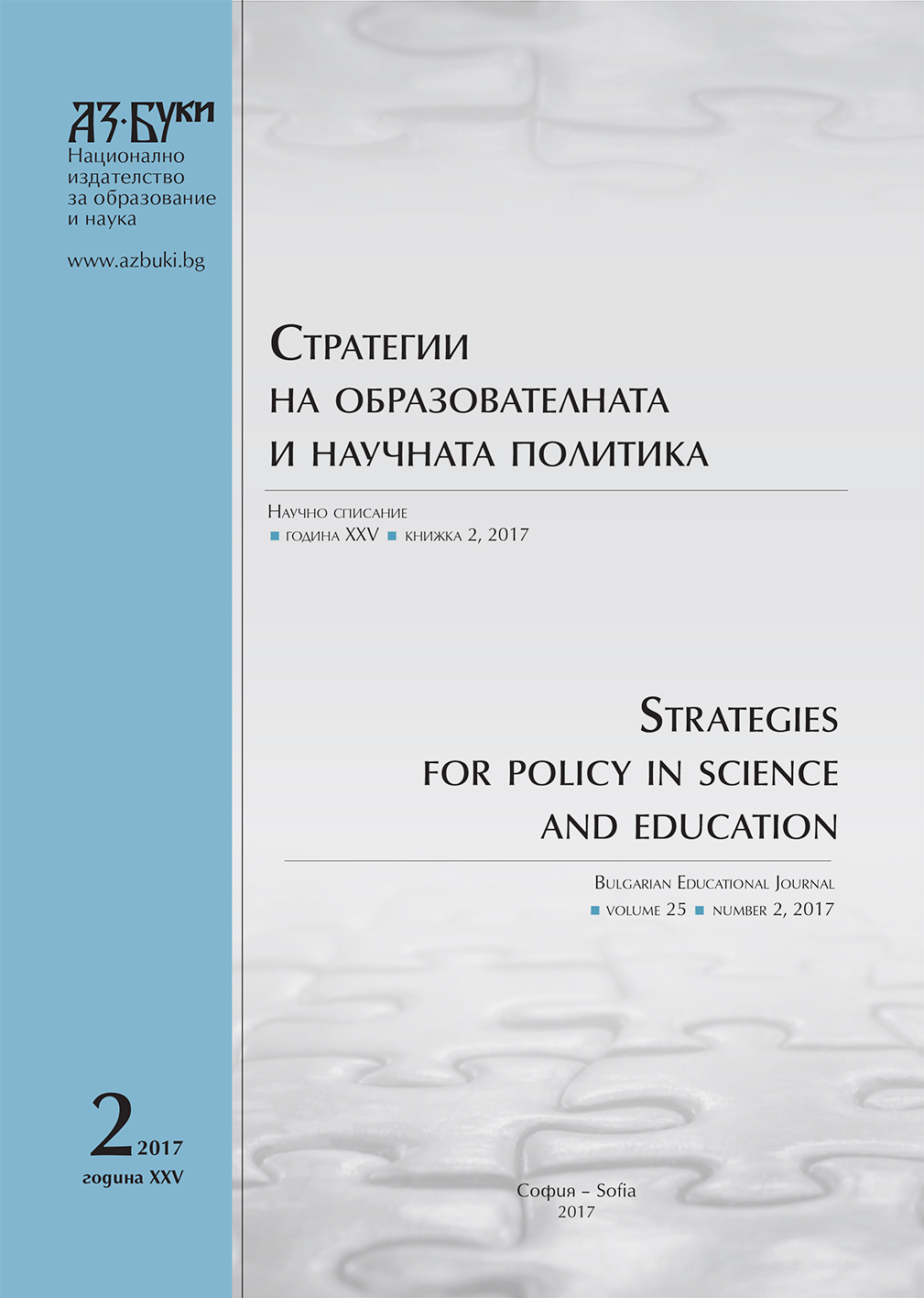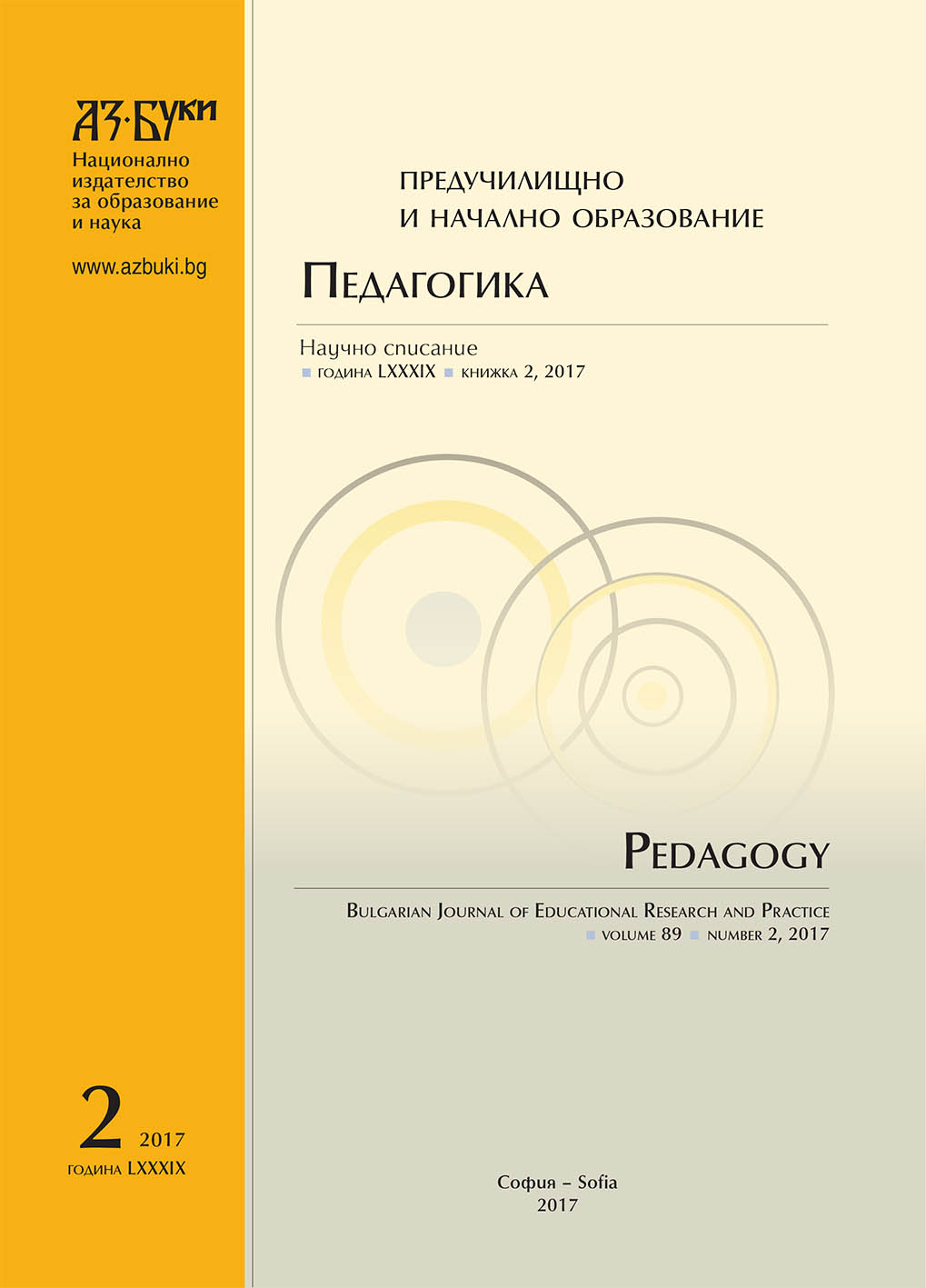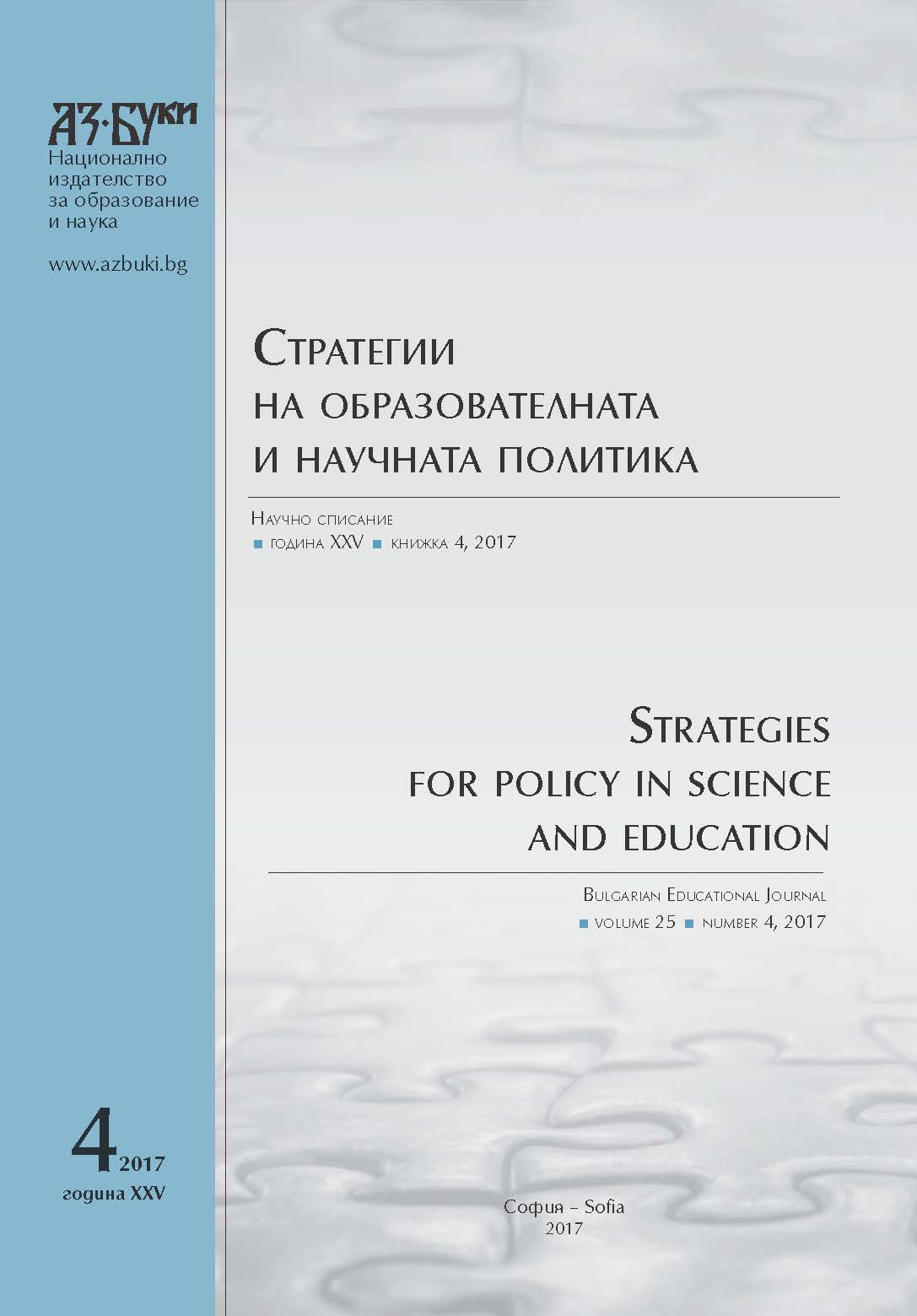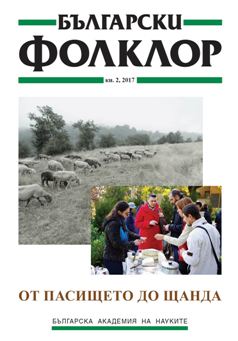Author(s): Maria Fedorovna Mizintseva,Anna Romanovna Sardarian,Tatiana Vitalievna Komarova,Tatiana Nikolaevna Yakubova,Estalin Jose Vergara / Language(s): English
Issue: 45/2016
This article analyzes human resources in the Russian Federation, problems and forecasts of their development. The role of human resources for the country’s development in the global economic space has been considered; the place of Russia in the world economy in terms of GDP has been shown; Russian human resources have been analyzed based on such criteria as population, population density, birth rate, mortality, sex and age composition, level of urbanization, population dynamics, indicators of external and internal migration, ethnic composition, qualification structure. These values allow predicting the employment level, identifying opportunities for the state in the development of social support for the population in the future, carrying out reforms in education, predicting changes in the structure and quality of the labor force. The authors present their forecast values of total, natural and migration growth of the population up to 2030, analyzing and comparing the indicators related to the population in Russia. The paper also characterizes Russian human resources according to such modern evaluation indices as Human Development Index, Global Competitiveness Index, Education Index, World Happiness Index, and Gender Equity Index and analyzes the place of modern Russia in the ratings of the world countries with regard to these indices.
More...

